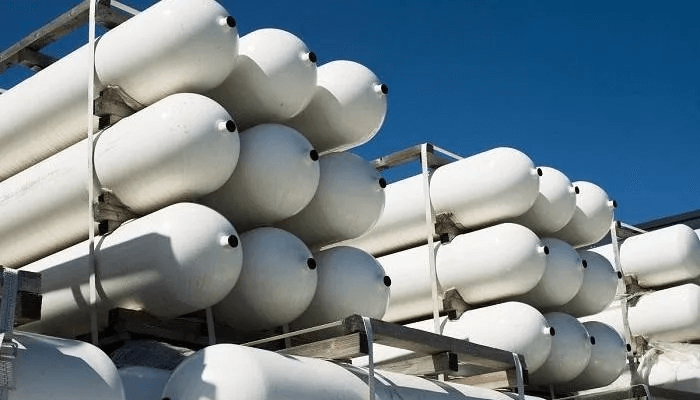Nigeria increased gas supply to the power sector in July 2025 as daily gas production rose to 7.59 billion standard cubic feet per day (BSCFD), according to data released by the Nigerian Upstream Petroleum Regulatory Commission (NUPRC).
The commission said average daily deliveries to power plants grew by 3.48 per cent month-on-month, from 833.86 million standard cubic feet per day (MMSCF/D) in June to 862.86 MMSCF/D in July. This was the strongest supply level in three months, following earlier outputs of 837.64 MMSCF/D in May and 886.7 MMSCF/D in April.
Data from the regulator also showed that gas-to-power supply stood at 780.23 MMSCF/D in January, climbed to 849.37 MMSCF/D in February, and reached 886.83 MMSCF/D in March before fluctuating in the following months.
In a statement issued at the weekend, NUPRC said, “Nigeria has achieved a rare energy milestone as gas flaring fell to 7.16% in July 2025, even as daily gas production rose to 7.59 billion standard cubic feet per day (BSCFD).”
The commission noted that gas production has maintained a steady rise over the past three years. Daily average production in July 2025 represented an 8.58 per cent increase compared to the 6.99 BSCFD recorded in the full year of 2024, and a 9.84 per cent increase from 6.91 BSCFD in 2023.
Breakdown of gas utilisation showed that, year-to-date as of July 2025, 35.88 per cent of output was exported, 27.82 per cent was supplied to the domestic market, while 29.13 per cent was used for field and plant operations including fuel, lifting, and reinjection.
Gas flaring declined to 7.16 per cent in July, down from 7.55 per cent in 2024 and 7.38 per cent in the corresponding period of 2023. The commission attributed the reduction to initiatives such as the Nigerian Gas Flare Commercialisation Programme (NGFCP), a Decarbonisation and Sustainability Blueprint, and the integration of carbon management measures through the Upstream Petroleum Decarbonisation Template (UPDT).
On contract types, Marginal Sole Risk (formerly Marginal Fields) contributed 63 per cent of total production during the period, Production Sharing Contracts (PSCs) 24 per cent, Joint Venture (JV) contracts 10 per cent, and Sole Risk (SR) operators 3 per cent.
For Domestic Gas Delivery Obligation (DGDO), performance in July stood at 72.5 per cent, compared with 71.8 per cent in June. Monthly data showed that DGDO performance was 72.2 per cent in January, 73.5 per cent in February, 70.8 per cent in March, 73.7 per cent in April, and 73.0 per cent in May.
The regulator said the continued increase in domestic supply, alongside reduced flaring, aligns with its commitment to end routine flaring by 2030.






